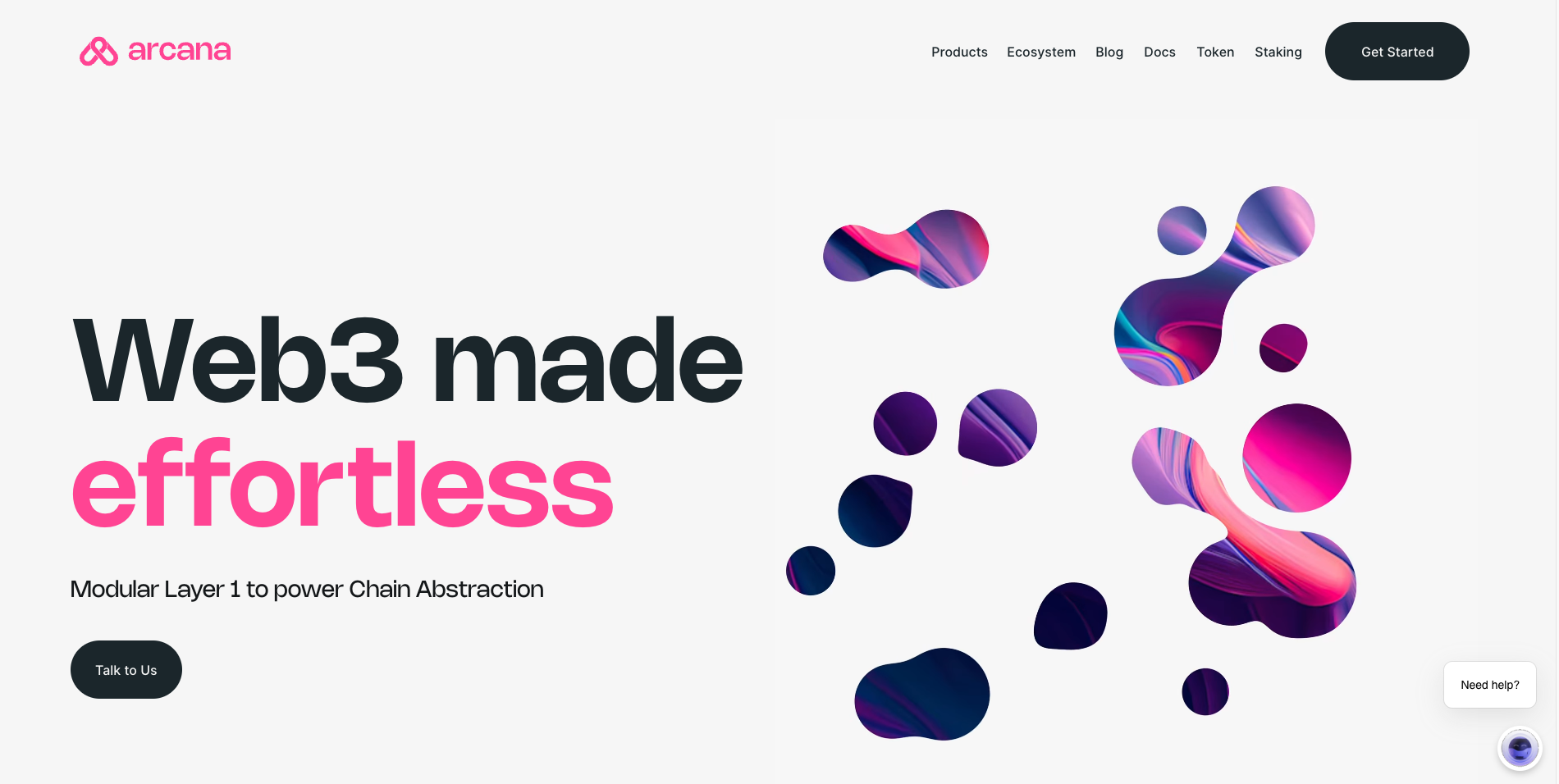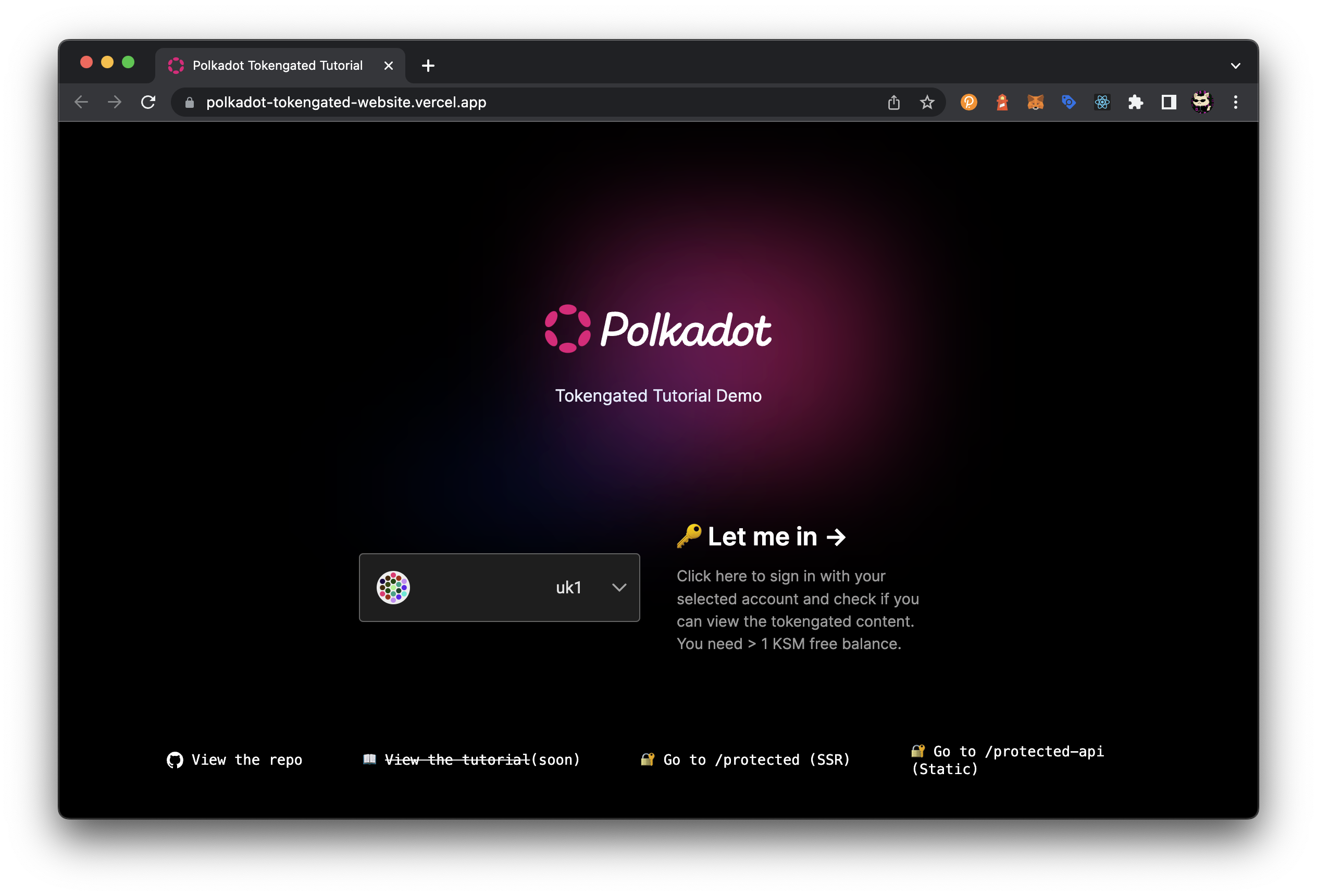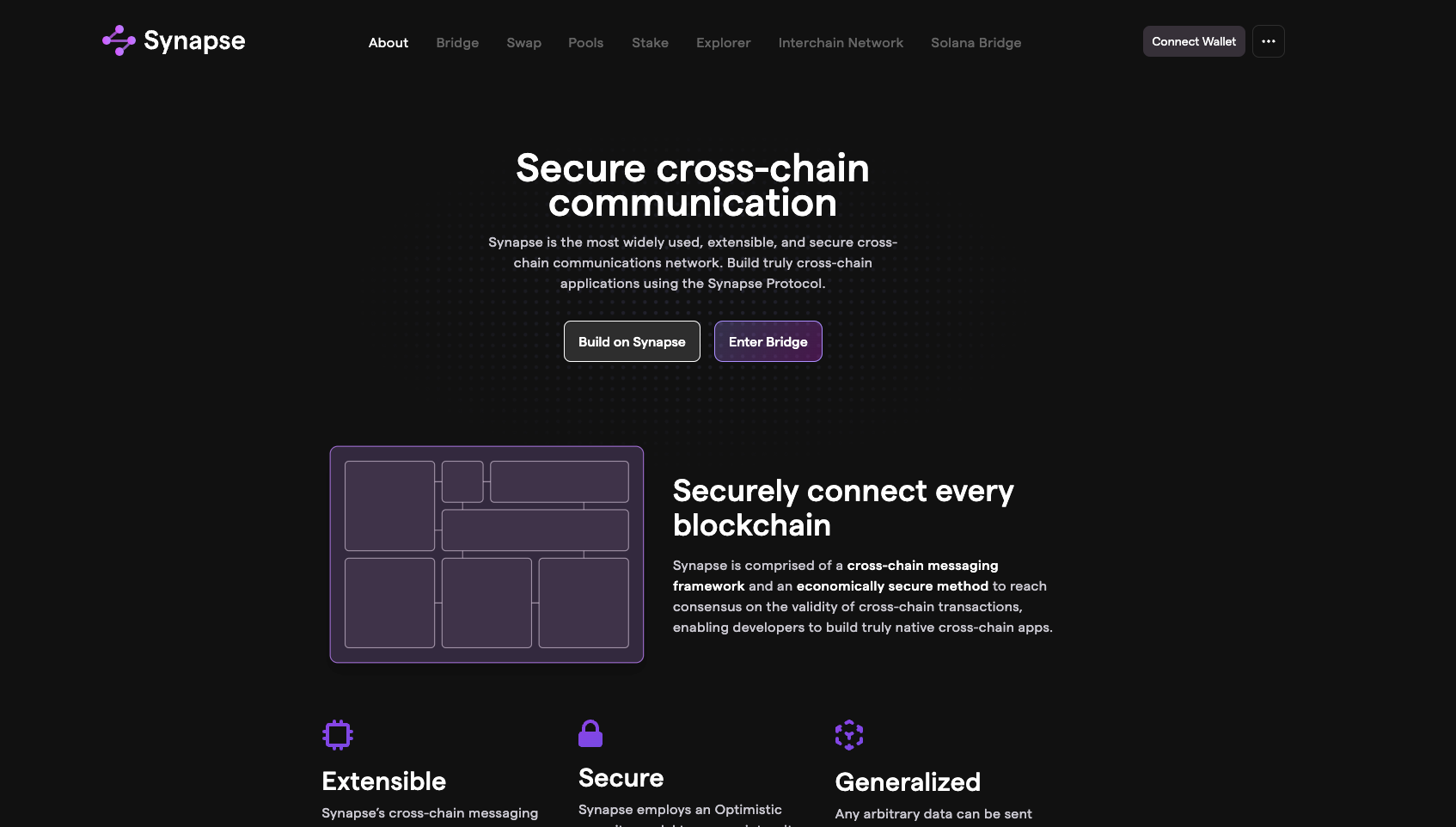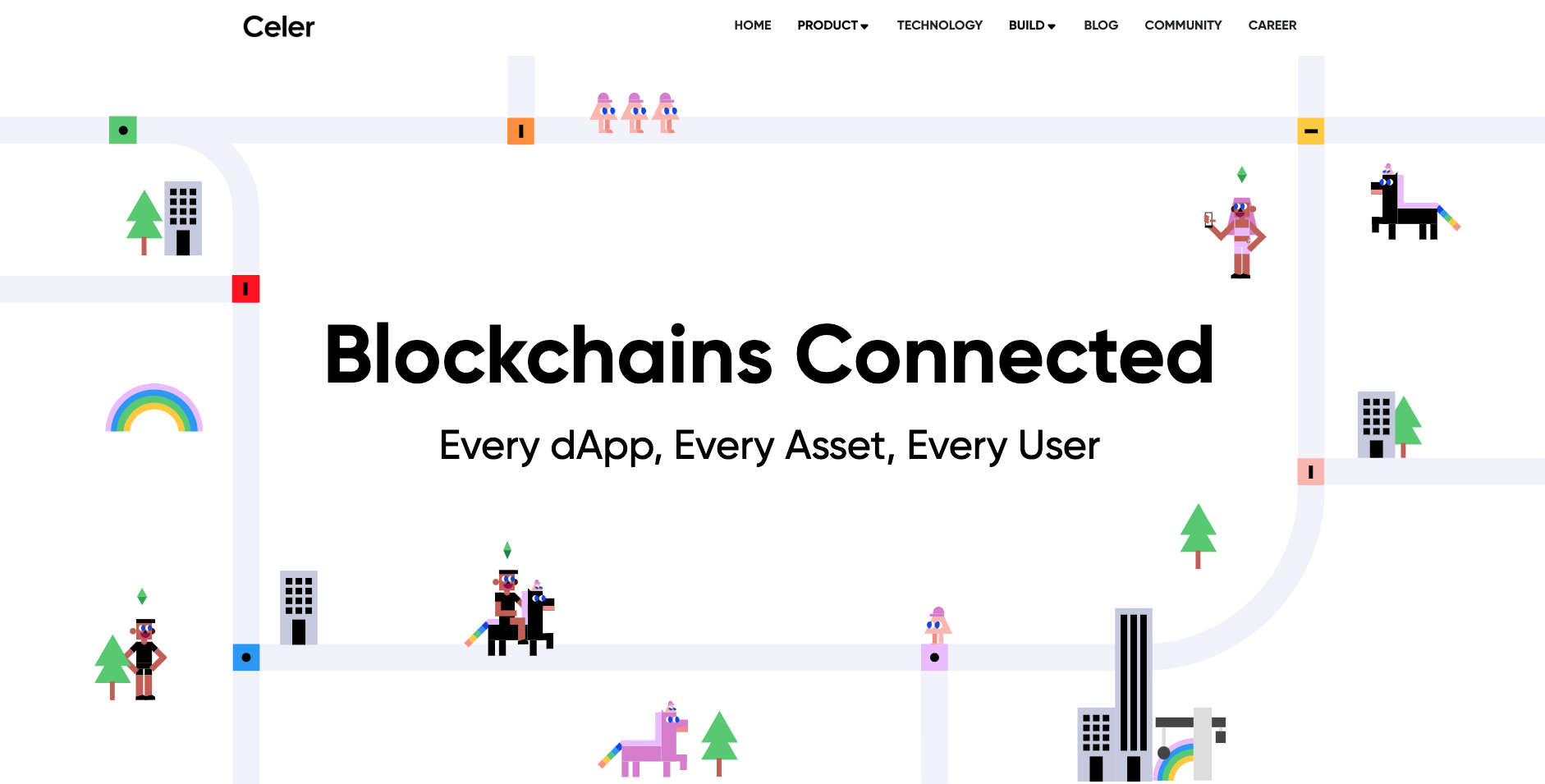Best 5 AllBridge Alternatives For 2025
Blockchain technology continues to revolutionize industries by providing decentralized and secure solutions. One of the key aspects fueling this transformation is cross-chain bridging, which allows seamless asset transfers between different blockchain networks. AllBridge has been a popular choice for many, enabling interoperability in the blockchain space. However, as technology evolves, new players are entering the arena with innovative features and improved performance.
In this blog post, we'll explore the best alternatives to AllBridge in 2024. These alternatives offer unique benefits, stronger security, and enhanced user experiences. Whether you're a tech enthusiast, developer, or startup, these options are worth considering for your cross-chain bridging needs.
Why Explore Alternatives to AllBridge?
While AllBridge has set a high standard in the blockchain community, the rapidly evolving tech landscape demands continuous innovation. New solutions may offer enhanced security, faster transactions, support for emerging blockchains, and better user experiences. Exploring these alternatives can help you make an informed decision that aligns with your specific needs and goals.
Criteria for Choosing AllBridge Alternatives
When evaluating cross-chain bridge options, it's essential to consider several key factors:
- Security: Ensuring that your assets remain safe during transfers is paramount.
- Speed: Faster transaction times can significantly enhance user experience.
- Supported Chains: The more blockchain networks a bridge supports, the more versatile it is.
- Fees: Lower fees can save you money in the long run.
User Experience: A smooth and intuitive interface makes the process much more enjoyable and efficient.
With these criteria in mind, let's explore the top alternatives to AllBridge for 2024.
Best 5 AllBridge Alternatives
1.Arcana.Network

Arcana Network is making waves with its focus on simplifying Web3 experiences. This platform aims to eliminate liquidity and user fragmentation by offering a smooth, multi-chain experience.
Key Features
- Chain Abstraction Protocol: Allows users to hold assets across multiple chains and access a unified balance without the need for bridging.
- Web3 Authentication: Users can onboard with email or social login, making the process seamless.
- Gas Fee Abstraction: Transactions are smooth and frictionless, with sponsored gas fees.
- Wallet Address Abstraction: Send crypto using just an email ID.
Pros and Cons
Pros:
- Simplifies user experience with unified balances and gasless transactions.
- Strong focus on security and usability.
- Supports a wide range of blockchain networks.
Cons:
- Relatively new player, so it might have fewer integrations compared to more established platforms.
- Requires user adaptation to new protocols and interfaces.
Arcana Network's commitment to improving the UX of Web3 makes it a strong contender. Its Chain Abstraction Protocol is particularly noteworthy, as it simplifies complex processes and eliminates common pain points associated with cross-chain transactions.
2.Polkadot

Polkadot is a well-known name in the blockchain space, offering a scalable and interoperable network designed to connect multiple blockchains.
Key Features
- Parachains: Enables parallel processing of transactions, increasing overall network efficiency.
- Relay Chain: A central chain that connects all parachains and facilitates communication between them.
- Cross-Chain Message Passing: Allows data transfer between parachains and other blockchain networks, even those beyond the Polkadot ecosystem.
Pros and Cons
Pros:
- Highly scalable and flexible network design.
- Offers strong security with features like forkless upgrades and decentralized governance.
- Wide range of supported chains, including Ethereum, Bitcoin, and EOS.
Cons:
- Steep learning curve for developers due to its unique architecture.
- Limited user-friendliness compared to more intuitive platforms like Arcana Network.
Polkadot's advanced capabilities make it an ideal choice for developers looking to build complex cross-chain applications. Its ability to connect with multiple blockchain networks and facilitate interoperability makes it a promising alternative to AllBridge.
3.ChainGuardian
ChainGuardian is a comprehensive decentralized finance (DeFi) platform that offers cross-chain bridging services alongside other features like staking, lending, and yield farming.
Key Features
- Multi-Chain Bridge: Supports transfers between different blockchains, including Ethereum, Binance Smart Chain, Polygon, and more.
- Automated Market Maker (AMM): Allows users to easily swap tokens between different chains.
- Flash Loans: Offers instant access to funds without collateral, enabling users to take advantage of arbitrage opportunities.
- Self-Custody and Non-Custodial: Users have complete control over their assets, with no need for third-party custody services.
Pros and Cons
Pros:
- Comprehensive platform offering a range of DeFi features in addition to cross-chain bridging.
- User-friendly interface makes it easy for beginners to navigate.
- Supports a wide range of blockchain networks.
Cons:
- Relatively new player in the market, so there may be some growing pains.
- Some users may prefer having specialized platforms for specific functionalities instead of an all-in-one solution.
ChainGuardian's combination of cross-chain bridging services with other DeFi features makes it a unique and promising alternative to AllBridge. Its user-friendly interface and support for multiple blockchain networks add to its appeal.
4.Synapse

Synapse is a cross-chain bridge that allows users to transfer assets between various blockchain networks. It focuses on providing secure and fast transactions with a simple and intuitive interface, making it accessible to both beginners and advanced users.
Key Features:
- Multi-Chain Compatibility: Supports a wide range of blockchains, including Ethereum, Binance Smart Chain, Polygon, Avalanche, and more.
- Security-First Approach: Uses decentralized validation and encryption methods to protect transactions.
- Rapid Transfers: Offers quick asset transfers with minimal delays.
Pros and Cons:
Pros:
- Broad support for multiple blockchains.
- Fast transaction processing times.
- High security with decentralized validation.
Cons:
- Fees can be variable, depending on network congestion.
- Limited advanced features compared to other competitors.
Synapse is a solid choice for 2024 due to its focus on security and speed, which are critical for users looking to manage their assets efficiently across different blockchain networks.
5.Celer Network (cBridge)

Celer Network’s cBridge is a leading cross-chain bridge solution known for its low fees and high transaction speeds. It enables seamless asset transfers and generalized message passing across various blockchains, catering to both developers and end-users.
Key Features:
- Low Fees: Optimized to keep transaction costs minimal, making it cost-effective for frequent transfers.
- High Speed: Provides near-instant asset transfers between supported networks.
- Developer-Friendly: Offers tools and APIs for developers to integrate cross-chain functionalities into their applications.
Pros and Cons:
Pros:
- Cost-effective with low fees.
- Very fast transfer speeds.
- Developer tools for easy integration.
Cons:
- Interface can be complex for new users.
- Fewer supported blockchains compared to Synapse.
Celer Network’s cBridge is an excellent alternative for 2024, especially for users and developers who prioritize low fees and fast transaction times. Its developer-friendly approach also makes it appealing for building cross-chain applications.
Conclusion
As the blockchain industry continues to grow, so will the options available for cross-chain bridging solutions. While AllBridge remains a reliable choice, exploring alternatives can help you find a platform that best suits your needs and preferences. Whether it's Arcana Network's focus on improving user experience or Polkadot's advanced capabilities, these alternatives offer compelling benefits that make them worth considering in 2024 and beyond.
So, keep an eye on these top alternatives and don't be afraid to try them out for a more seamless cross-chain experience. The future of blockchain interoperability is bright, and these platforms are leading the way towards a more connected and efficient decentralized ecosystem.
A Seamless Alternative: Chain Abstraction
While bridging is a useful tool, it can often be a hassle—managing different wallets, waiting for confirmations, and dealing with fragmented liquidity. But what if bridging wasn’t a necessity, but just an option?
With Chain Abstraction, users can transact seamlessly across chains without the need to bridge, swap, or refuel gas. Arcana Network makes this possible through Arcana Wallet, the first chain abstraction-enabled EOA wallet, which unifies your USDT, USDC and ETH across chains and allows you to spend them effortlessly. Now, apps can also offer this experience by integrating Arcana’s Chain Abstraction SDK, enabling unified balances natively within their platforms.
Install Arcana Wallet: arcana.network/wallet
Demo the SDK: sdk.arcana.network/

